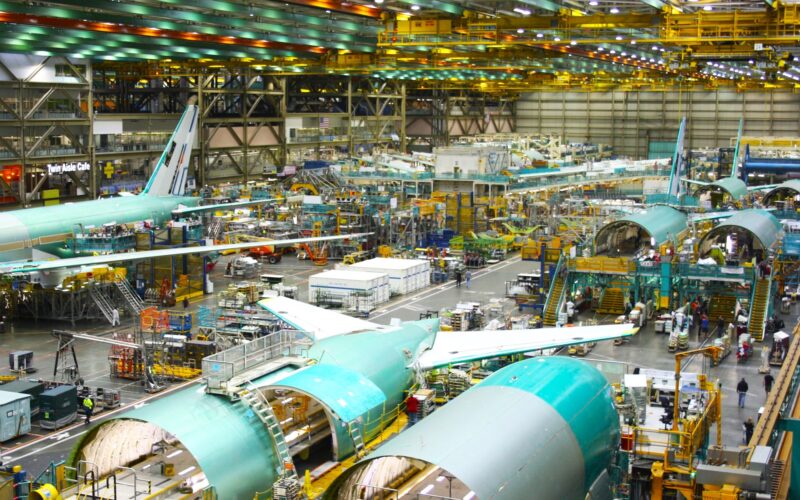In a sobering forecast, International Air Transport Association (IATA) Director General Willie Walsh warned that global supply chain issues affecting the delivery of new aircraft are likely to persist for two more years.
Speaking at the IATA annual meeting in Dubai on June 2, 2024, the IATA’s Director General highlighted the enduring challenges facing the aviation industry. According to Walsh, the ongoing supply chain problems may stretch until 2026.
“Our assessment is that it’s not getting worse, but it’s not getting better either. I see these problems continuing certainly through this year, 2025, and probably into 2026,” Wash said.
The prolonged supply chain disruptions have already caused significant frustration among airline executives, who are eager to expand their fleets and align with their long-term growth plans. These delays have hampered their ability to meet rising demand and take advantage of new market opportunities, leading to mounting pressure to find solutions and mitigate the impact on their operations and profitability.
“Some airline chief executives are incredibly frustrated at their inability to get the jets they’ve ordered into service, and that is delaying growth plans and growth opportunities that they have,” Walsh explained.
SAF production progressing as planned
In the meantime, despite ongoing supply chain challenges, airlines remain unwavering in their commitment to environmental sustainability, according to IATA. Efforts to reduce carbon emissions and implement more sustainable practices have not been sidelined by the current supply chain issues affecting the aviation industry.
In a recent report, IATA emphasized that the projected tripling of Sustainable Aviation Fuels (SAF) production to 1.9 billion liters (1.5 million tons) in 2024 is progressing as planned. This substantial increase is expected to account for 0.53% of aviation’s fuel needs in 2024, representing a critical step towards the industry’s long-term sustainability goals.
To further support the initiative, IATA announced the creation of the SAF Registry. This innovative tool aims to accelerate the adoption of SAF by providing authoritative accounting and reporting of emissions reductions from SAF. The Registry is being designed to ensure transparency and credibility in tracking SAF usage and its environmental benefits.
The development of the SAF Registry has received significant support from various stakeholders within the aviation sector. Currently, a total of 17 airlines, one airline group, six national authorities, three Original Equipment Manufacturers (OEMs), and one fuel producer are already backing IATA’s initiative.
The Registry is expected to launch in the first quarter of 2025.




